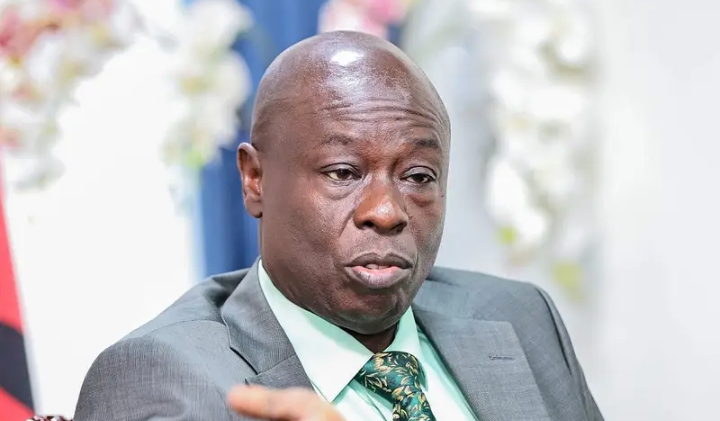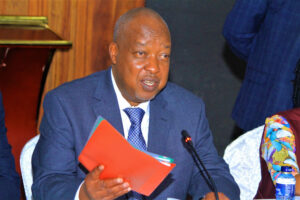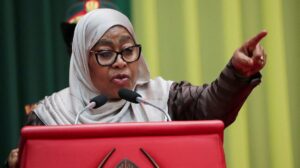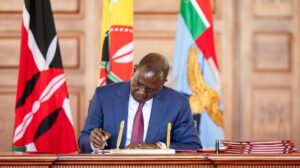The High Court has denied a petition seeking to halt the impeachment process against Kenya’s Deputy President Rigathi Gachagua, marking a big blow to his allies.
The petition, filed by former United Democratic Alliance (UDA) Secretary-General Cleophas Malala, raised concerns over the composition of both the National Assembly and Senate, arguing that these legislative bodies violate the constitutional requirement for gender balance.
According to Articles 27(8) and 81(b) of the Kenyan Constitution, no more than two-thirds of elective bodies should consist of members of the same gender.
Malala argued that this imbalance rendered the impeachment process unconstitutional and sought to block it.
However, in his ruling on September 30, 2024, Justice Bahati Mwamuye declined to issue interim orders to halt the impeachment, although he acknowledged the urgency of the case.
The judge instructed that the petition be served to all relevant parties, including the National Assembly and Senate, by the close of business on the same day.
The respondents were given until October 3, 2024, to file their responses, with Malala allowed to submit his rejoinder by October 4, 2024.
The matter will be mentioned in court again on October 7, 2024, for further directions.
The accusations against Gachagua are severe.
He is charged with violating multiple articles of the Constitution, including Article 10, which outlines the national values and principles of governance.
His critics argue that his public remarks have been inflammatory, reckless, and capable of inciting ethnic tensions.
Additionally, Gachagua is accused of corruption, with claims that he unlawfully acquired public assets in Nyeri, Nairobi, and Kilifi counties using taxpayer funds.
Amid these legal battles, Parliament is working to consolidate 19 separate cases that have been filed in an attempt to halt the impeachment proceedings.
These cases highlight concerns about procedural fairness and constitutional compliance.
However, despite the numerous legal challenges, the impeachment process has gained considerable support within Parliament.
As of late September 2024, over 300 MPs had reportedly signed in favor of the motion, far exceeding the required threshold of 233 votes to move the process forward.
The impeachment process, set to be tabled in Parliament in early October 2024, reflects deeper political divisions within the Kenyan government.
Majority Leader Kimani Ichung’wah has confirmed that the impeachment motion will be tabled, adding fuel to the ongoing political tensions.
He, along with other members of Parliament, has accused Gachagua of undermining President William Ruto’s administration and promoting divisive ethnic politics in the Mt. Kenya region.
The High Court’s refusal to block the impeachment motion represents a critical moment in Gachagua’s political career.
The coming days will determine his fate in the National Assembly, where he will be expected to defend himself against these allegations.
Should the motion pass, it will move to the Senate for further action, with National Assembly Speaker Moses Wetangula required to communicate the resolution to Senate Speaker Amason Kingi within two days.
The impeachment process, while legally complex, is now a political reality that will have lasting implications for Gachagua and the stability of the current government.





















Add Comment